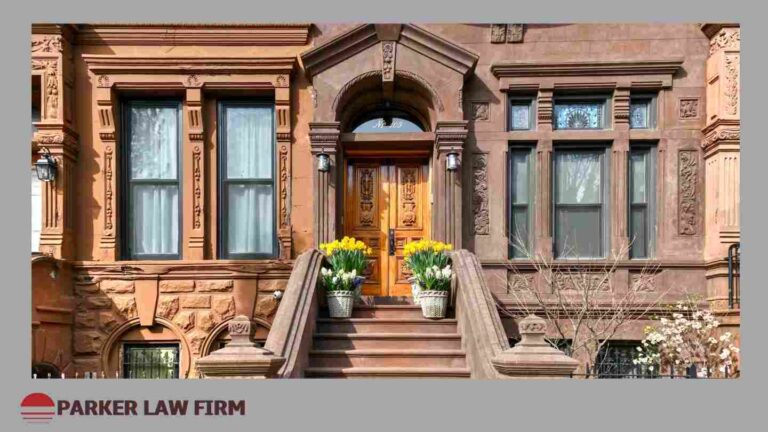

When creating an estate plan in Cortlandt, New York, placing your home or other large assets into a trust can offer financial protection, simplify inheritance processes, and reduce potential tax burdens. However, transferring ownership of your property to a trust requires more than just signing paperwork—you must also inform your homeowners insurance provider. Neglecting this step can lead to significant complications, particularly when filing insurance claims.This article explains why updating your insurance policy after transferring property into a trust is crucial, based on insights from Nationwide and the video titled “My house is in a Trust, what do I tell my insurance company?” by Cortlandt Estate Planning Attorney David Parker.
When you transfer ownership of your home to a trust, the trust becomes the legal owner of the property. While this may not change how you use or occupy the property, it changes the entity insured under your policy. Many standard homeowners insurance policies are written for individual homeowners, not trusts. If your insurance company isn’t aware of the ownership change, it might deny coverage or limit payouts in the event of a claim.
For example, consider the case of Bob and Sue, detailed by Nationwide. After transferring their homes to the Bob and Sue Family Trust, they neglected to inform their insurance provider. When a fire damaged their vacation home, their claim was delayed—and potentially denied—because the trust was not named on their policy.
Notifying your insurance provider when you place a home in a trust ensures that your policy reflects the trust as the property owner, reducing the risk of denied claims. Additionally, insurance companies may offer specific endorsements or adjustments to cover the trust adequately. These updates are not one-size-fits-all; policies and endorsements vary depending on the carrier. Therefore, proactive communication with your insurer is necessary to avoid coverage gaps.
Insurance providers offer different solutions to help homeowners maintain coverage after transferring property into a trust. Below are the two most common options:
Some insurance companies allow you to add a protection endorsement to your policy. This endorsement automatically includes the trust as an insured party for coverage related to the dwelling, other structures, and personal liability associated with the residence. This option is comprehensive and ensures the trust and its assets are fully protected.
Another option is to name the trust as an "additional insured" on your homeowners insurance policy. This ensures that while the trust owns the property, the original policyholder maintains worldwide liability coverage, and the trust receives location-specific protection.
It’s crucial to discuss these options with your insurance provider to determine which approach aligns with your needs and circumstances.
Failing to update your homeowners or property insurance when transferring property into a trust can expose you to various risks, including:
Updating your insurance is a simple yet critical step to ensure the trust fulfills its role in protecting your property and your legacy.
Here are some practical steps to ensure your insurance policy is updated correctly:
In Cortlandt, estate planning involves more than just setting up trusts and wills. It’s about safeguarding your assets, ensuring your loved ones are cared for, and avoiding unnecessary financial risks. Ensuring your homeowners insurance is updated when transferring property to a trust is a vital part of this process.
By proactively addressing this step, you can avoid complications, protect your property, and ensure your estate plan works as intended. Clients working with David Parker are carefully guided through each step in the creation and funding of a trust as well as the coordination with other important elements including insurance. Protecting your home and other assets starts with proper planning. Book a call to have your questions about placing property in a trust or updating your homeowners insurance answered.
The 15 minute initial phone call is designed as a simple way for you to get to know us, and for our team to learn more about your unique estate planning needs.

